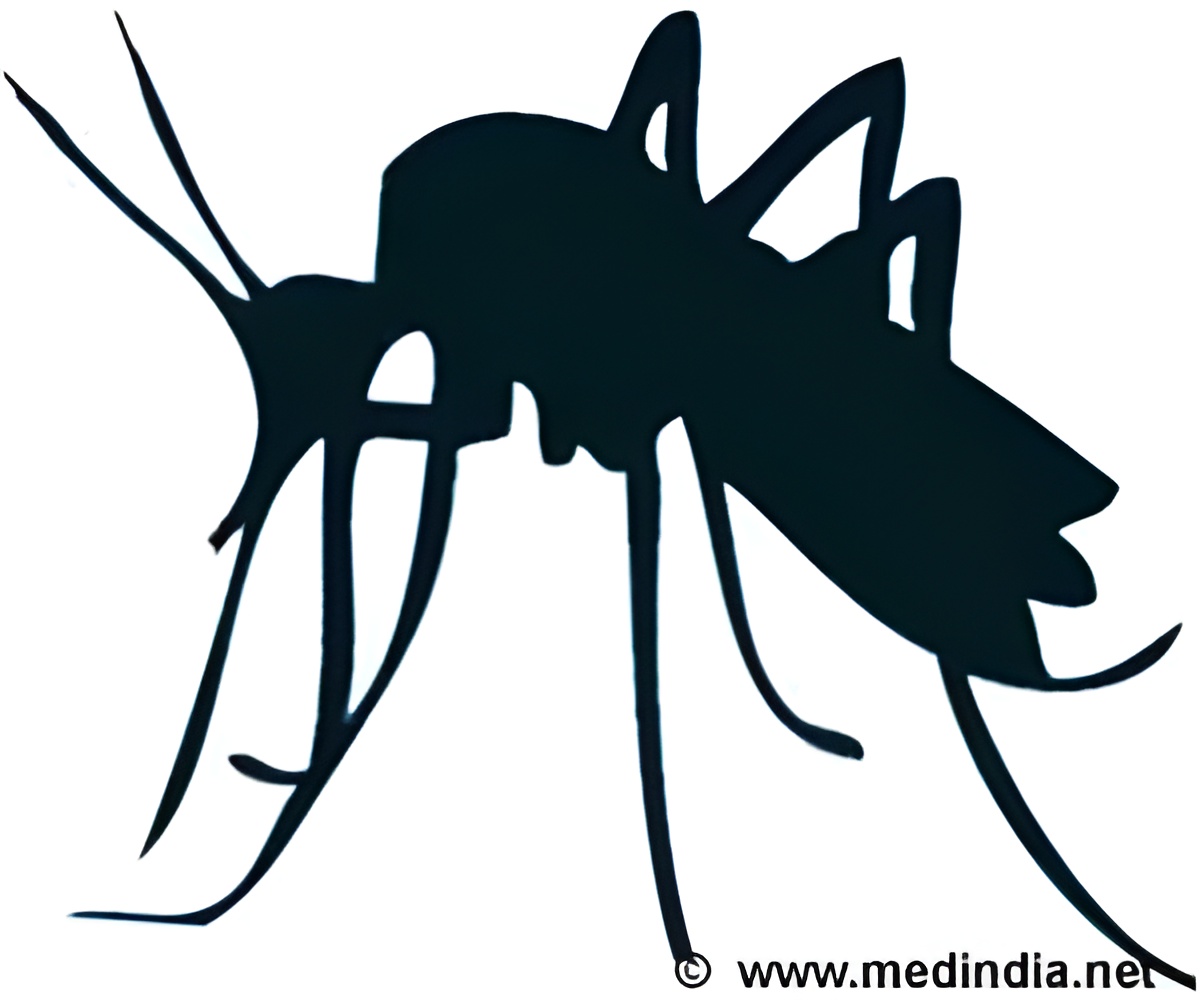According to a study, early diagnosis and treatment with antimalarial drugs has been linked to a reduction in malaria in the migrant population living on the Thai-Myanmar border.

The authors, led by François Nosten from the Shoklo Malaria Research Unit in Thailand, reached these conclusions by analysing information collected between October 1999 and September 2011 in this region.
They found that the number of confirmed malaria cases with Plasmodium falciparum (the most serious form of malaria) increased initially, rising from just over 5000 in 2000 to a peak of 13,764 in 2006 and then declining to just over 3,500 in 2011. Encouragingly, the percentage of consultations due to malaria in children aged under 5 years fell from 78% to 7% and the number of new cases of malaria declined from 1.1 to 0.1 episodes per pregnant women-year. In addition, the proportion of patients admitted to hospital with severe disease was stable and the number of deaths from malaria remained extremely low, with an overall case fatality ratio of 0.05%.
The authors also found that the ratio of P. falciparum to P. vivax (a less severe form of malaria) ratio fell from 1.4 to 0.7 and the rate of P. falciparum decreased from 24.3% to 3.4%.
However, worryingly, in the small number of patients undertaking drug resistance tests, the authors found that the effectiveness of ACTs fell steadily with the proportion of patients on treatment but still infected with malaria at day 3, increasing from 0% in 2000 to 28% in 2011.
The authors say: "Despite the emergence of resistance to [ACT] in P. falciparum, the strategy of early diagnosis and treatment with ACT has been associated with a reduction in malaria in the migrant population living on the Thai–Myanmar border."
Advertisement
The authors conclude: "Alternative fixed combination treatments are needed urgently to replace the failing first-line regimen of mefloquine and artesunate."
Advertisement










